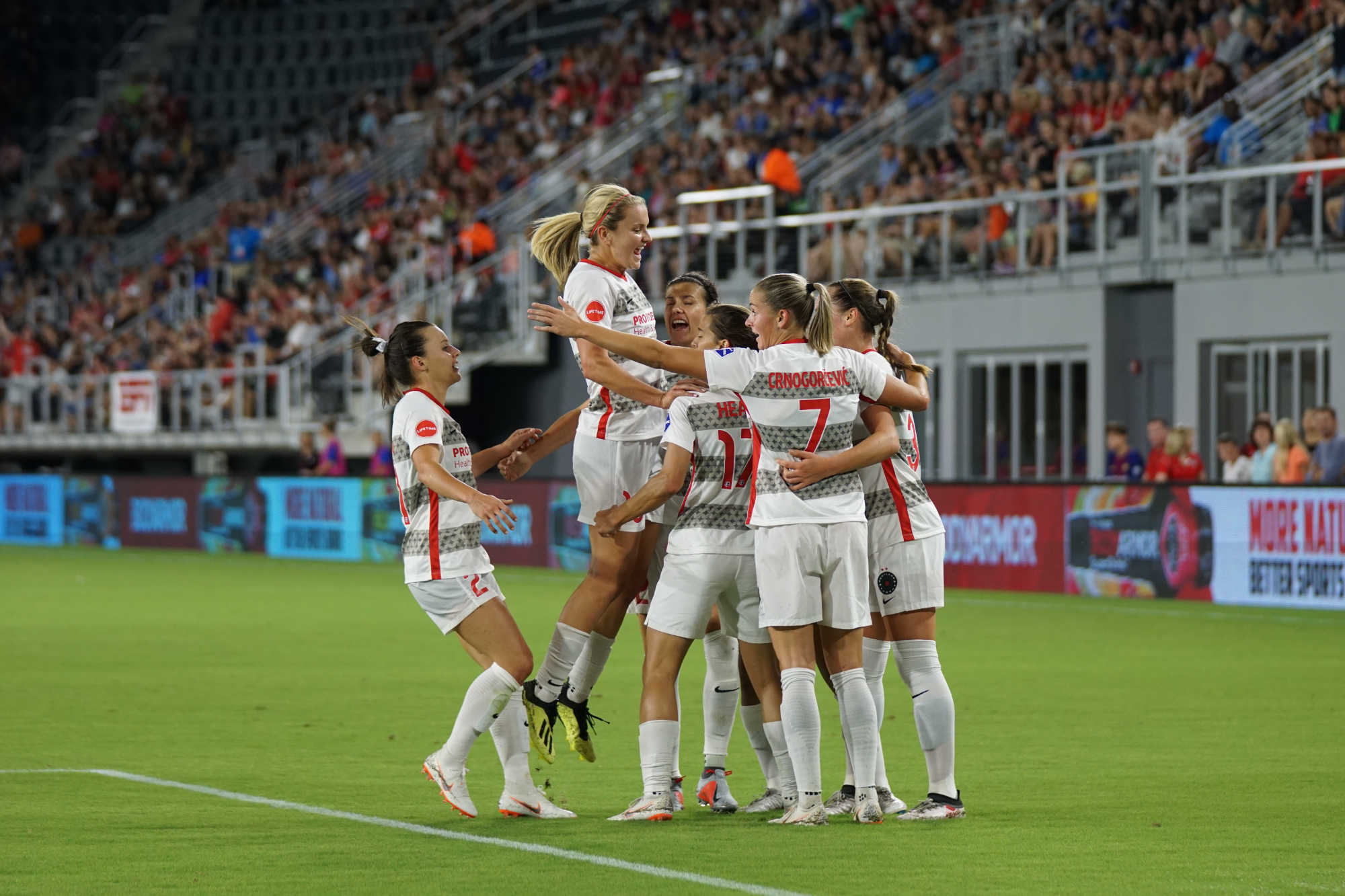Can you imagine a national football team entering the World Cup with a squad which has never played together? Of course not; everyone understands that a team needs to practise together to be competitive.
Why is it then that in business, situations like this seem to be commonplace? At Red Rock International we can readily identify three ways in which businesses can improve performance by applying common-sense principles to develop their teams and leaders.
Sommaire
Toggle1) Let new teams practise in an environment where mistakes don’t matter
New teams make more mistakes than established high-performing teams; misunderstanding is more likely, there is less clarity about roles and responsibilities and sometimes a team member is simply in the wrong role. This is why sports teams rigorously test their setup in practice matches before the real competition starts. Many businesses seem unaware that they can test team performance in practice situations and create huge efficiencies in the real world.
We recently ran an intensive development course for a team about to embark on a major construction project. As part of the exercise, the team had to create simple financial management systems. You can imagine the surprise in the group when it became clear that the manager responsible for creating new financial structures, in both the practice and real projects, was far outside his comfort zone developing new processes! This shortcoming could have gone unnoticed for months in the complex real-life project environment, but was detected almost immediately through a two-day immersive training course. As a result the project manager appointed an additional finance manager to assist in implementing new systems. He credits the practice exercise that RRI ran with saving the company millions in loses through procurement delays or cost overruns.
2) Develop the whole person/team – not just technical ability
All good sports people have high levels of technical proficiency in the fundamental skills of their sport. However, skills alone don’t explain the difference between top- and second-tier players. The gap is often seen in their attitude, mental toughness, intuition, strategy, quality of communication in the team and myriad other ‘soft’ factors.
Isolated skills development will never adequately improve these critical factors. This is why a good sports coach devotes time to team training exercises and practice matches where the full range of soft and hard skills are repeatedly tested and refined.
Taking the example of leadership training in business, we see many courses which are packed with technical content such as theoretical models of leadership. This is a beneficial foundational understanding for a novice leader but is not, on its own, adequate preparation for real life where challenges like personalities, emotions and ambiguous situations await.
Businesses can fast-track behavioural development by exposing managers to immersive leadership practice in realistic situations which test a full range of character and competencies – not just knowledge. Reflection and coaching can then be focused on the necessary areas for growth. Through this learner-centric approach, each person understands the areas where they can grow and what positive behaviour looks like in practice. The development outcomes are often unique for each person on a programme.
3) Train people to perform under pressure
Pressure makes the same action feel different. Look at how many penalties are missed in shootouts no matter the amount of practice.
The same is true in business. If you ask a group of trainee managers what they should do if they witness the Chief Exec about to make a poor decision that will damage the business, everyone will tell you they should highlight the error. However, when it comes to actually sitting as an invited observer in the board meeting, the reality of making that correction is a much tougher proposition.
Training courses based around case studies don’t take into account the very real effect of pressure on decision making. Instead, immersive training places participants in the most life-like situations possible where the same emotions and stresses are experienced. As participants act under pressure they learn about themselves and how to take control of raging emotion; ideal preparation for when the situation occurs for real. They increase their ability to execute when it matters the most.
Isolated skills development will never adequately improve these critical factors. This is why a good sports coach devotes time to team training exercises and practice matches where the full range of soft and hard skills are repeatedly tested and refined.
Taking the example of leadership training in business, we see many courses which are packed with technical content such as theoretical models of leadership. This is a beneficial foundational understanding for a novice leader but is not, on its own, adequate preparation for real life where challenges like personalities, emotions and ambiguous situations await.
Businesses can fast-track behavioural development by exposing managers to immersive leadership practice in realistic situations which test a full range of character and competencies – not just knowledge. Reflection and coaching can then be focused on the necessary areas for growth. Through this learner-centric approach, each person understands the areas where they can grow and what positive behaviour looks like in practice. The development outcomes are often unique for each person on a programme.







